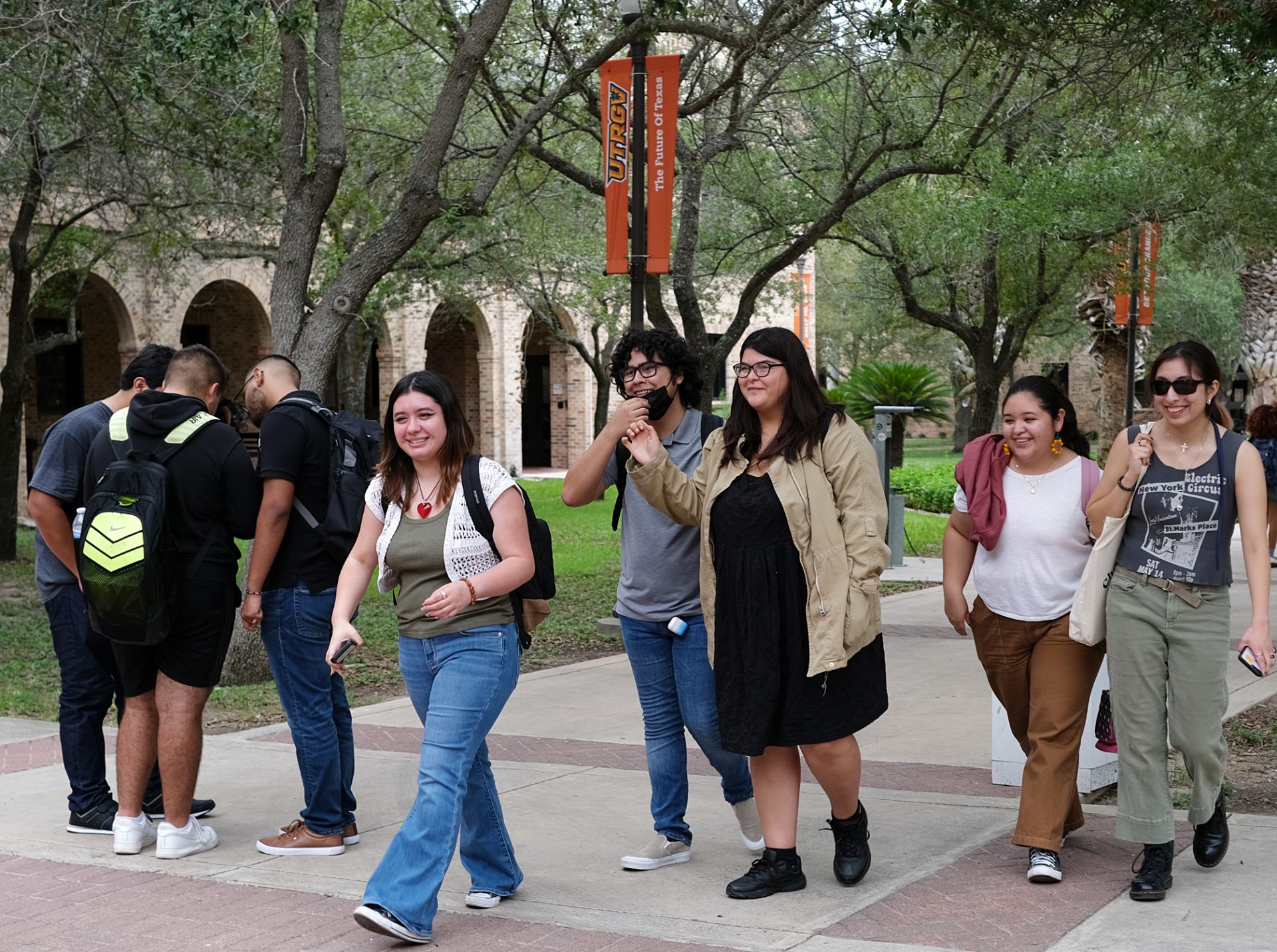
|
Only have a minute? Listen instead
Getting your Trinity Audio player ready...
|
The University of Texas at Rio Grande Valley Foundation has filed a petition in state district court to amend an endowment fund created in 1989 to provide graduate school scholarships to women studying the Valley’s flora and fauna.
The scholarship is administered through the Ruth and Katherine Dugger Endowment Fund, which the foundation believes is not in compliance with Texas’ 2023 Senate Bill 17, known as the “Responsibility of Governing Boards Regarding Diversity, Equity and Inclusion Initiatives.”
“SB 17 prohibits giving ‘preference on the basis of race, sex, color, ethnicity, or national origin to an applicant for employment, an employee, or a participant in any function of the institution,’” the petition states.
That document also says that Senate Bill 17 prohibits student scholarships if they are awarded with regard to “race, sex, color, ethnicity, or national origin.”
“If an entity separate from the university (such as an institutionally-related foundation) offers a closed scholarship that is prohibited by SB 17 or federal law, the university may likewise not participate in the award or implementation of the scholarship,” the petition states.
The UTRGV Foundation has temporarily stopped awarding scholarships from the Ruth and Katherine Dugger Endowment Fund due to Senate Bill 17 while it seeks judicial relief.
The scholarship needs a judge’s approval to amend the language in the scholarship fund because the Dugger siblings are deceased.
The UTRGV Foundation is asking a judge to allow it to remove gender-related language regarding women and to change the language to make it gender-neutral.
UTRGV President Guy Bailey supports the foundation’s efforts to amend the language in the scholarship.
In a statement, UTRGV reiterated its support for the foundation’s petition to modify the scholarship to make sure it is in compliance with Senate Bill 17, which took effect on Jan. 1.
“We support the Foundation’s efforts to update the scholarship criteria to ensure compliance with federal and state laws while preserving the core intent of the Dugger sisters’ generous gift,” the statement read. “The proposed changes maintain the scholarship’s focus on graduate students in biology conducting field research on local flora and fauna.”

The university further said that it remains committed to providing students with financial support through scholarships and other forms of assistance.
“We look forward to continuing the legacy of the Dugger Endowment Fund in supporting valuable research that benefits our region,” the statement read.
The petition was filed on Aug. 5 and as of Thursday morning, a hearing hasn’t been scheduled.
Senate Bill 17 was authored by Sen. Brandon Creighton, R-Conroe, who called the law “a significant milestone for the future of Texas high education.”
In a news release from June 2023 after Gov. Greg Abbott signed the bill into law, Creighton called Senate Bill 17 the most significant ban on diversity, equity and inclusion, or DEI, in the entire country.
“In recent years, DEI offices have grown in size and influence across college campuses requiring political litmus tests, compelled speech and mandatory diversity statements,” the news release read. “Despite hundreds of employees and millions of tax dollars, just here in Texas, DEI offices have failed to make progress advancing or increasing diversity.”
“With this bold, forward-thinking legislation to eliminate DEI programs, Texas is leading the nation, and ensuring our campuses return to focusing on the strength of diversity and promoting a merit-based approach where individuals are judged on their qualifications, skills, and contributions,” Creighton said in the news release. “What sets SB 17 apart from other proposals is that the legislation delivers strong enforcement with mandates to return Texas colleges and universities to their core mission — educate and innovate.”
That news release stated that the bill closes DEI offices and ends “all activities that discriminate against students based on their race, ethnicity, or gender.”
“The bill also prohibits diversity statements for job applicants at Texas universities and mandatory DEI training for any purpose,” the release stated.
Creighton’s news release makes no mention of Senate Bill 17’s impact on gender-based scholarships for women.



